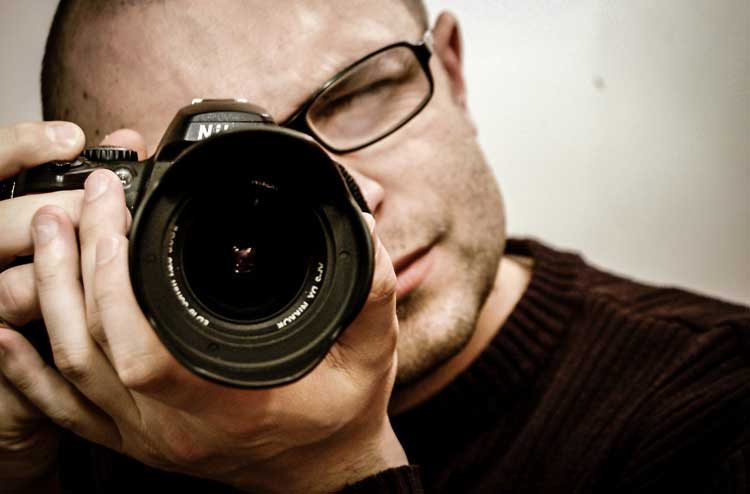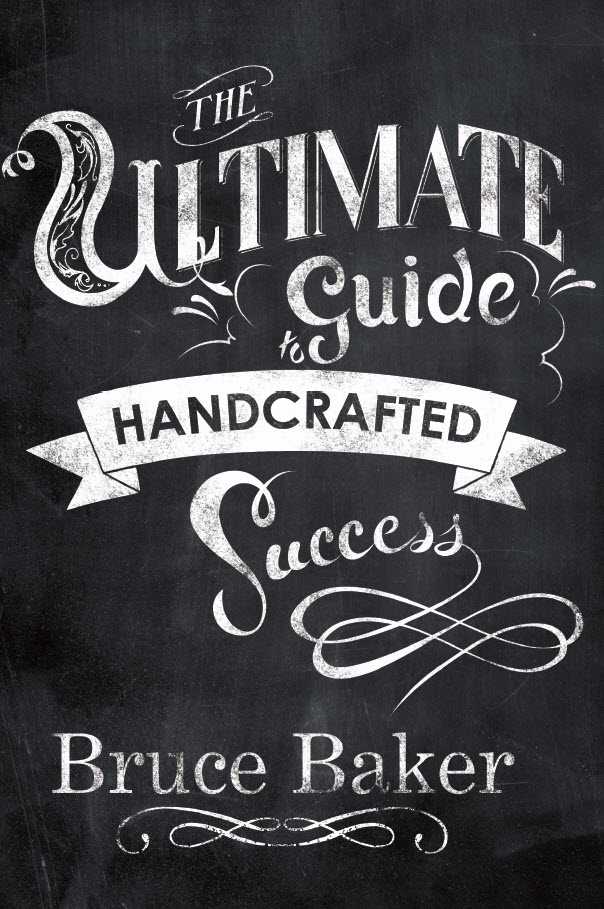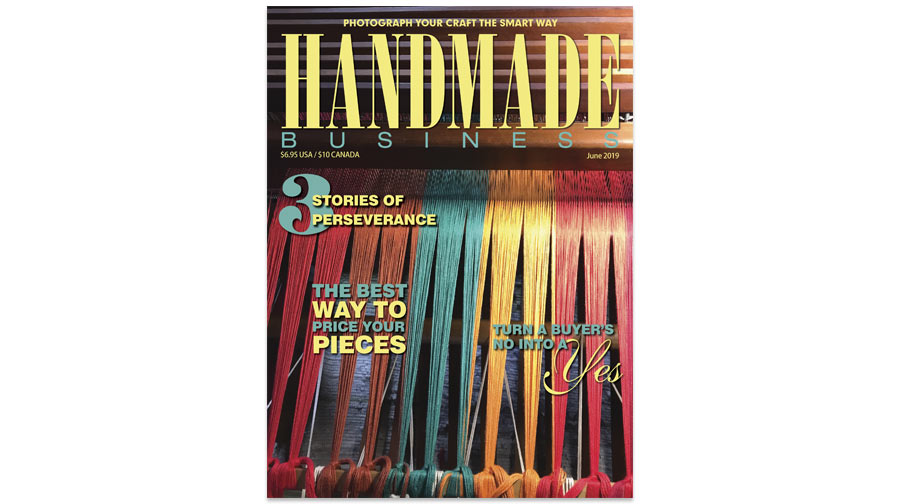Q: Recently, I had professional photography done of some of my fiber art pieces. They were special pieces done for Habitat for Humanity’s fundraiser auction. The photographer I used informed me that he is trying to get all of his business paper work in order and issued a licensing agreement concerning copyright issues. He has pretty much given me a blank license agreement so that I can use the images for jury purposes, website and social media networking, and advertising image reproduction. However, on the disc that he gave me, he has copyrighted the work. When I went to have printed photos made from the disc of the work, the technician noticed the copyright on the disc and said it was odd to have this on the disc and was wondering if I was able to produce these images. Should I suggest to the photographer that he not put copyright on the disc, or do I need to produce the licensing agreement every time I have these images printed from the disc? Is this a growing trend for photographers? Who does own the copyright on images? The photographer who took the photos, the person who made the work, or both?
—Judy Jones, via e-mail
A: As with all intellectual property issues, it’s always best to consult with a lawyer who has a background in these issues. The way I see this, there are actually two issues in this question: one regarding the copyright of your work and the other that of the photographer’s.
First, let’s look at this information taken directly from the copyright.gov website. “What is copyright? Copyright is a form of protection grounded in the U.S. Constitution and granted by law for original works of authorship fixed in a tangible medium of expression. Copyright covers both published and unpublished works. What does copyright protect? Copyright, a form of intellectual property law, protects original works of authorship, including literary, dramatic, musical, and artistic works, such as poetry, novels, movies, songs, computer software, and architecture. When is my work protected? Your work is under copyright protection the moment it is created and fixed in a tangible form that it is perceptible either directly or with the aid of a machine or device.”
This makes it quite clear that the works in question are covered by the United States copyright laws. It is not necessary to register the work to protect it; however, if you were to need to defend your right, it would be necessary to register the work. So, it’s clear that the photographer is the owner of the copyright on the images of your work. Quite often, photographers protect that right by requiring that all reproductions of an image originate in their studio. The same photographer has been shooting our gallery artists’ work for years. He so enjoys working with artists that he has special rates for them and releases the images to be used in any way. It sounds like your photographer has given you the right to reproduce the images as needed, which would suggest the disk should not be labeled as copyrighted. Contact the photographer, be sure he means to give you unlimited use of his images, and, if so, get him to burn them onto another disk.
The trickier issue involves future use of the images by either of you. Apparently, the photographer has given you blanket use of the images. Would this, however, include a calendar or note cards you might publish using images of your work? What if the photographer wanted to do the same using images of artists’ work he had photographed? This is where the lawyer comes into play.





